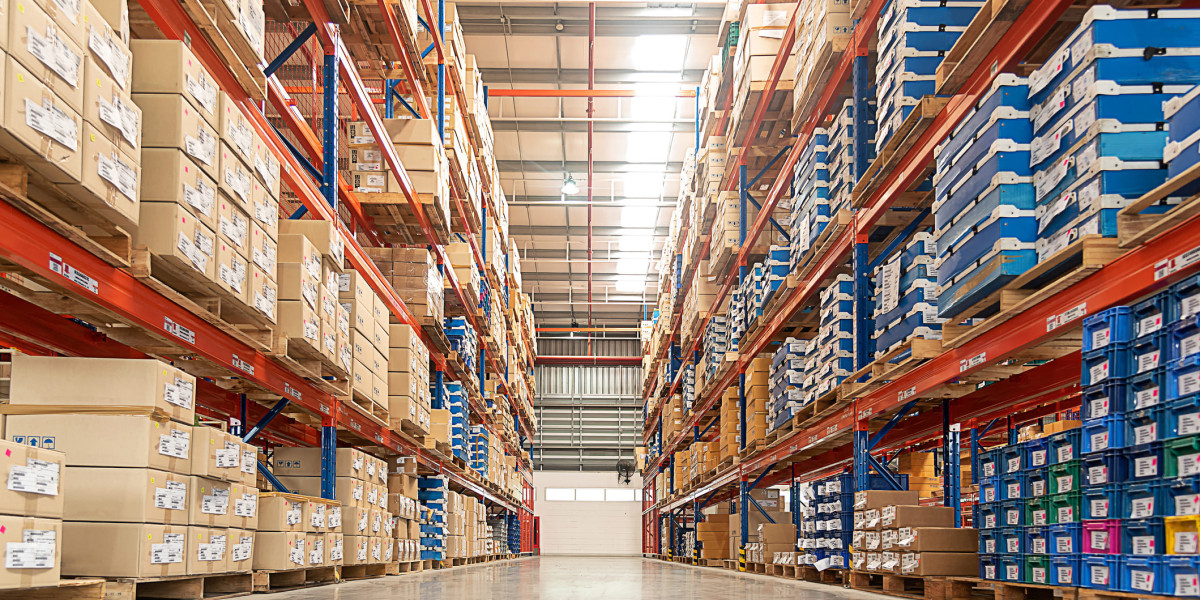Business-to-Business (B2B) refers to commercial transactions between businesses rather than between a business and an individual consumer. In this model, companies sell products, services, or solutions to other businesses, such as manufacturers, wholesalers, or retailers. B2B commerce plays a crucial role in the global economy, supporting industries like manufacturing, technology, logistics, and professional services.
What is B2B (Business to Business )?
A B2B business focuses on selling goods or services to other companies rather than directly to consumers. These transactions often involve bulk orders, long-term contracts, and specialized services tailored to business needs.
Key Features of B2B Transactions
- Larger Order Volumes – Businesses buy in bulk for production or resale.
- Longer Sales Cycles – Purchases require negotiations, approvals, and contracts.
- Recurring Transactions – Many B2B deals involve ongoing supply relationships.
- Customized Solutions – Products and services are often tailored to business needs.
- Rational Buying Decisions – Purchases are based on logic, ROI, and business efficiency rather than emotions.
Types of B2B Businesses
1. B2B Product-Based Businesses
Companies that sell physical goods to other businesses, such as:
- Manufacturers supplying raw materials or components to factories.
- Wholesalers selling products in bulk to retailers.
- Technology hardware suppliers (e.g., computer parts, industrial machinery).
2. B2B Service-Based Businesses
Companies that provide specialized services to businesses, including:
- Marketing & Advertising Agencies – Helping companies with branding and digital marketing.
- IT & Software Services – Providing cloud computing, cybersecurity, or SaaS platforms.
- Logistics & Supply Chain Providers – Managing warehousing, transportation, and order fulfillment.
3. B2B E-Commerce
Online marketplaces where businesses buy and sell products or services, such as:
- Alibaba – A global B2B marketplace for bulk orders.
- Amazon Business – Offering wholesale purchasing for companies.
- Industry-Specific Platforms – Connecting suppliers and buyers in niche markets.
B2B vs. B2C: Key Differences
| Feature | B2B (Business-to-Business) | B2C (Business-to-Consumer) |
|---|---|---|
| Target Audience | Other businesses & organizations | Individual consumers |
| Order Size | Large, bulk purchases | Smaller, individual orders |
| Sales Cycle | Longer, involving negotiations | Shorter, impulse-driven |
| Pricing Model | Custom pricing, bulk discounts | Fixed pricing |
| Marketing Approach | Data-driven, focused on ROI & efficiency | Emotion-driven, focused on personal appeal |
| Customer Relationship | Long-term partnerships & contracts | One-time or repeat retail customers |
Benefits of the B2B Model
1. Higher Order Values & Revenue
B2B transactions often involve large orders and long-term contracts, leading to higher revenue per sale compared to B2C.
2. Strong Business Relationships
B2B companies focus on long-term partnerships, ensuring consistent revenue streams and customer loyalty.
3. Greater Market Stability
Unlike B2C markets, which fluctuate based on consumer trends, B2B demand is more stable due to business contracts and industry needs.
4. Opportunities for Growth & Expansion
B2B businesses can expand globally, enter new industries, and develop custom solutions for different markets.
Challenges in B2B Business
1. Long Sales Cycle
Since B2B purchases involve multiple decision-makers, sales cycles can take weeks or months.
2. Complex Pricing & Negotiations
Pricing in B2B is often customized and requires negotiation, making it harder to standardize.
3. High Customer Acquisition Costs (CAC)
B2B marketing involves lead generation, personalized sales approaches, and long-term relationship management, which can be expensive.
4. Digital Transformation Challenges
Many traditional B2B companies struggle to adopt e-commerce, automation, and AI-driven solutions to stay competitive.
Future Trends in B2B Business
1. Growth of B2B E-Commerce
More B2B buyers prefer online purchasing, leading to the rise of B2B marketplaces and digital platforms.
2. AI & Automation in Sales & Marketing
AI-powered chatbots, CRM systems, and predictive analytics help businesses improve sales efficiency and customer engagement.
3. Personalization & Account-Based Marketing (ABM)
Companies use data-driven marketing strategies to personalize content and solutions for individual business clients.
4. Sustainable & Ethical Sourcing
Businesses are focusing on eco-friendly supply chains, carbon-neutral operations, and ethical sourcing to meet market demands.
5. Integration of Blockchain & IoT
Blockchain technology ensures secure, transparent transactions, while IoT (Internet of Things) enhances real-time tracking of goods in supply chains.
Conclusion
Business-to-Business (B2B) commerce is the foundation of industrial and commercial supply chains worldwide. With advancements in technology, digital sales, and automation, B2B companies must embrace innovation to stay competitive. By optimizing operations, building strong relationships, and leveraging AI-driven strategies, businesses can thrive in the evolving B2B landscape.







